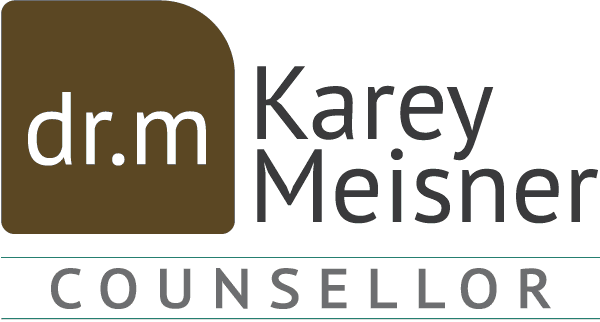‘Intersectionality is simply about how certain aspects of who you are will increase your access to the good things or your exposure to the bad things in life’. Kimberlé Crenshaw
Last night I met with with a prospective supervisee. The word intersectionality came up. It led to reflection on the following; that intersectionality is a word that we often hear (especially in the area of social justice). But do we actually get it? I thought I had a grasp of it until I needed to teach it to counselling students for the first time. And then I realised I did not fully understand it. In other words, while I was getting it conceptually, I actually did not get it as a lived experience.
So, I decided that I needed to have a closer look. I decided to take myself through a reflective process with my own professional supervisor. And, looking back, the process took longer and, more importantly, was more rewarding than I had anticipated, both personally and professionally.
What difference did going through the process of reflecting on my own intersecting identities over time and place make? I came to better understand how the process of intersectionality of our held identities - related to ethnicity, race, socio-economic class, ability, gender identity, sexuality, age, spirituality-faith, etc. - can, as the quote above states, increase access to the good things and/or increase exposure to the bad.
More specifically, I better understood how over my life being Pākehā-European (and looking Pākehā), male, heterosexual, able bodied, and of secular faith (and living in two colonial dominant societies of Canada and New Zealand) meant the privileges I had far outweighed any disadvantages (i.e., being originally from one of ‘those’ families from an impoverished working class area). As the saying goes, I better understood how I had a lot ‘more tailwind behind me than headwind in front’.
I was even able to hone in on particular moments-periods of seeing how privilege turned into more privilege. For example, how being able to play basketball in my backyard with a boy two years older than I, positioned me to score more points through the basket hoop than my peers while playing on a junior high school basketball team. I could see how this amplified able bodiedness, in turn, meant my name being announced on the school intercom system (yes, you heard right) thereby privileging me with invaluable social capital in the school environs which, in turn, later led to more privileges.
I now, on my better days, find myself being humbled by this heightened awareness of privilege. On my not such good days? I am still processing my own shame and discomfort at my lack of awareness, empathy, and supportive action for those with lesser privileges related to identity.
Fortunately, for me, there is still time to offer that empathy and support including to my niece in Kānata/Canada who recently has indicated she wants to explore her Métis First Nations’ identity.
So, my question is this. Have you considered how intersectionality applies to your own life? That is, how the identities you have held have intersected-interacted with each other and, as well, with the world around you? In other words, what – as per the quote above – aspects of who you are has assisted you towards the good things and what ones haven't.
And if you are a helping professional, have you considered how understanding your own intersecting identities can assist you to better help others to understand and to work with advantaging (and strengths related to these) and disadvantaging the identities (and the barriers that may accompany these) they hold.
If you want to be even more effective in your work to assist others to be empowered, do give consideration to doing a similar process of reflection for yourself. If my experience is an indicator, it could profoundly change how you see yourself and, in turn, how you support others to see themselves.

